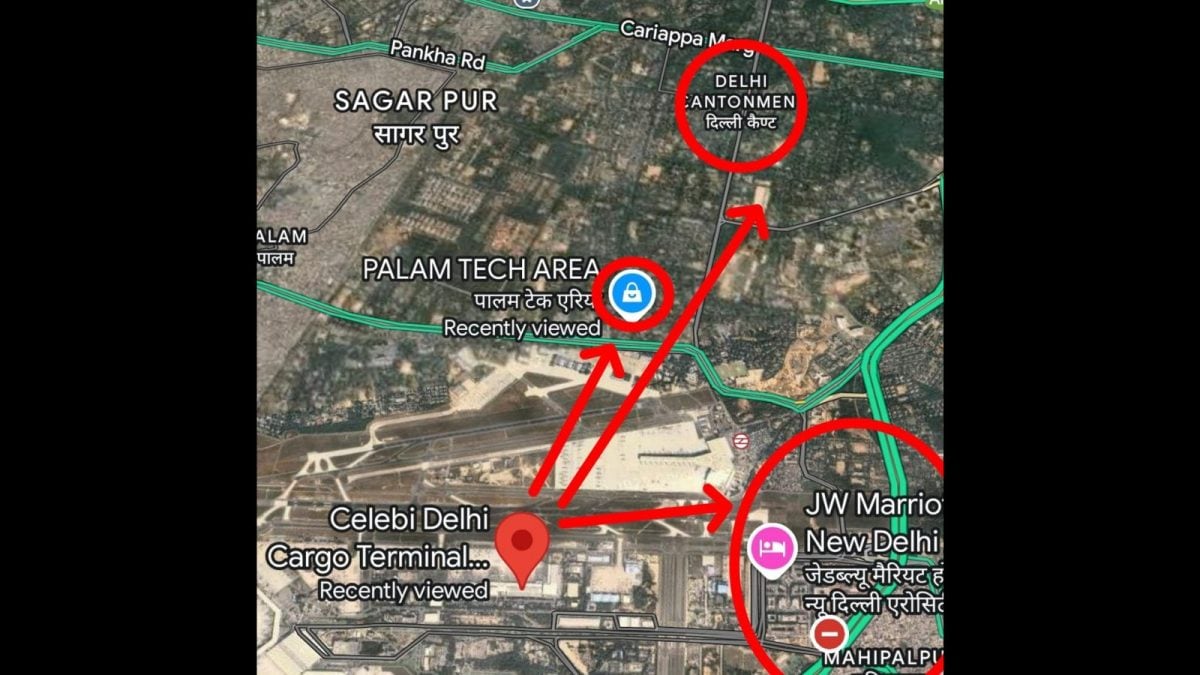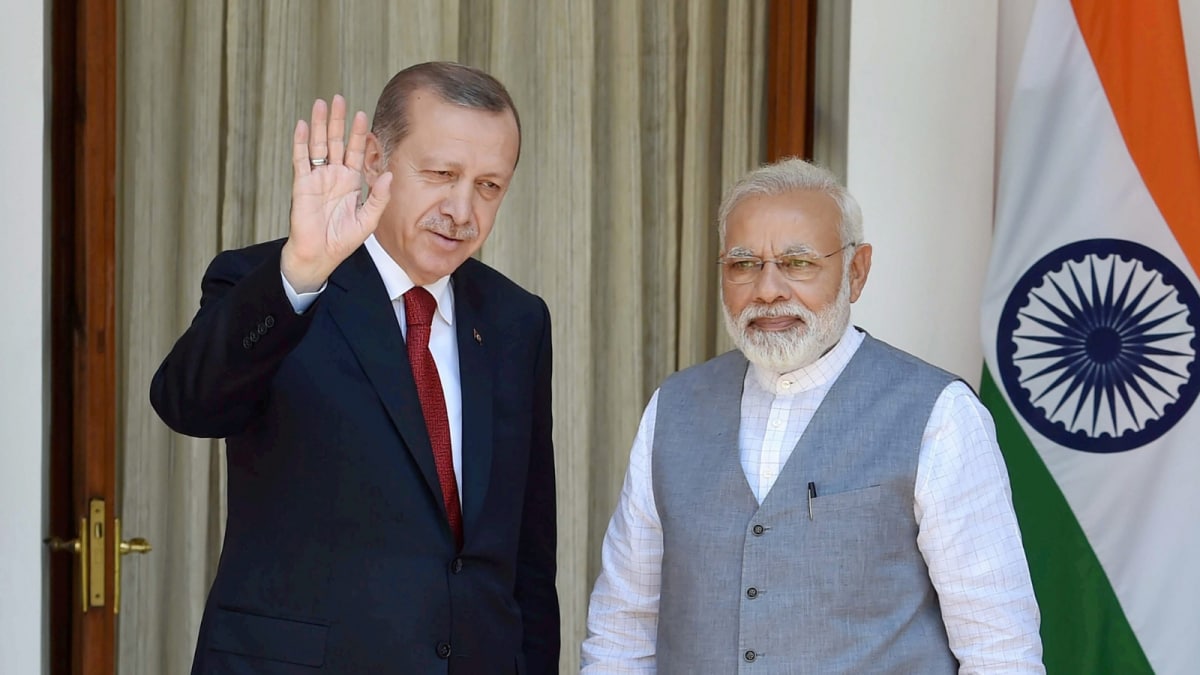COVID-19 Cases Spike Again in India: New NB.1.8.1 And LF.7 Variants Raise Concern – Should You Worry?
NB.1.8.1 and LF.7, the new Covid Variants: what are they and how they are different from the past delta and omicron variants? Read on to know everything about the strains and their symptoms.

COVID-19 is back again, the parts of Southeast Asia have been seeing a surge in cases, especially in places like Hong Kong and Singapore. The government in Vietnam has issued an advisory to tackle the gradually increasing threat. Over the last two weeks, the cases have gone up, unprecedentedly.
In India, the situation is worsening day by day as more COVID cases are being reported, the new variants, which are highly mutated, are the NB.1.8.1 and LF.7. The disease remains endemic and doesn’t seem to pose big threats like those of the past variants. But we can’t be lenient in the face of knowing the new virus to take immediate precautionary measures, allowing us to inhibit the growth of the rising infection rate.
COVID-19 Situation in India: Which States Are Most Affected?
In India, the state of Kerala is facing the brunt of the virus, with a maximum number of cases reported in the state, other southern states like Tamil Nadu are seeing a rise in cases. The cases are still manageable and under monitoring in the national capital, New Delhi. The government has not called the situation serious yet, but the virus could attack at a worse pace in vulnerable people like pregnant women, patients with prior chronic conditions, children and the elderly.
New COVID-19 Variant: What Are NB.1.8.1 And LF.7
The NB.1.8.1 and LF.7 are the circulating variants of the virus in India; the former was first seen in the state of Tamil Nadu in April 2025, whereas the latter was discovered in the northern state of Gujarat, confirming four cases initially of the concerned variant of the virus.
The World Health Organisation has termed the variants as the ‘Variant of Interest’ and ‘Variants under monitoring ’; however, considering the well-checked intensity of slow spread, the WHO hasn’t termed it as the Variant of Concern yet, as the situation around the variant seems to be manageable.
New Variants of COVID-19 Vs Old Variants: How Different Are They?
These variants are considered to be inherently different from the ones that were prevalent in the past, like the omicron and the delta variant. The symptoms, however, are not serious, are still ambiguous, and that’s what makes them the area of concern, as it causes a delay in identifying the symptoms and getting diagnosed to start the treatment at the earliest; such delays could intensify the repercussions of what doesn’t seem to be a problem.
How are these variants different from the ones in the past?
Genetic Mutations
The NB.1.8.1 and LF.7 are inherently different in their structure, much different from the ones that came up in the past, like the Delta or Omicron. The variants are considerably highly mutated, and that is what is concerning, as the mutations determine the pace at which the virus attacks and how it affects the immune system. The previous vaccines also show little to no reactivity against the new variants that might appear like the past ones, but are highly contrasted in their genetic structure because of intense mutations.
Pace of Illness
The variant of the virus has been reported to show symptoms that are also common in mild to severe colds. The indicators, at times, can be hard to understand. The NB.1.8.1 and LF.7 attack mildly in healthy individuals, and most cases can be cured at home without taking any measures for hospitalisation.
Speed of Transmission
The NB.1.8.1 and LF.7, due to their differences in structure from the past variants are known to spread more quickly than the others, so there is a high possibility of people getting infected quickly. It is recommended to avoid any large gatherings and ban travel for some time. However even if the virus seems to be spreading quickly, the infection remains mild and no serious aspect of it is yet been reported.
New COVID Variants Spreading Rapidly In India: How Effective Are The Vaccines?
The vaccines that have been made available to the public are considered to be effective against the new variants; however, due to such drastic genetic mutations, this variant is more likely to evade the effect of the vaccine than any other past variants. The Government and the officials are constantly trying to make the best health care available, emphasizing the need for boosters and vaccinations.
COVID Is Back With New Variants: Should India Be Worried?
This week India has reached the 1000 mark of COVID cases, and that is concerning, but despite the rise in infection, what makes it balanced is the low intensity of the infection, as in most cases, they can be cured at home with no hospitalisation. The public is asked to take precautions and avoid unnecessary movements that can be delayed or put on hold. Vulnerable people like the elderly and pregnant women should be extra vigilant. With the right precautions and extra safety measures, we can surely find a way to tackle the virus.
Follow TheHealthSite.com for all the latest health news and developments from around the world.
What's Your Reaction?



































































